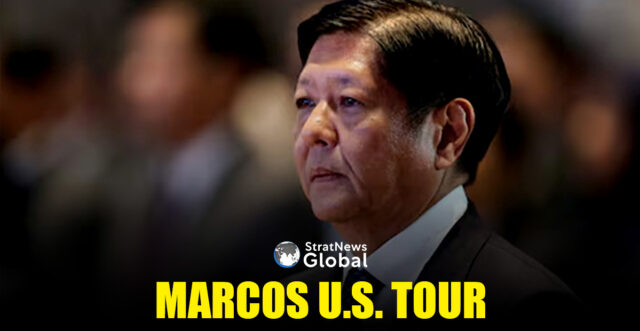Philippine President Ferdinand Marcos Jr. will visit the United States next week, carrying a clear message to President Donald Trump that the Philippines needs to strengthen its economy to be a truly robust and reliable partner, an official said on Friday.
The visit, the first by an ASEAN head of state since Trump took office in January, will focus on economic cooperation, with Marcos expected to discuss concerns over proposed U.S. tariffs on Philippine exports.
“The President’s official visit also aims to address the U.S. tariff proposed to be levied on Philippine exports,” Department of Foreign Affairs Assistant Secretary Raquel Solano told a media briefing.
Trump raised reciprocal tariffs on Philippine exports to 20% this month from the 17% threatened in April.
‘Mutually Beneficial’
Talks between Philippine trade officials and their U.S. counterparts are ongoing in Washington to hopefully seal a reciprocal deal that is “mutually acceptable and mutually beneficial” for both countries, Solano said.
During the visit, the two leaders will also discuss closer cooperation in defence and security matters, including issues in the South China Sea where Manila and Beijing have had a series of maritime confrontations.
Relations between Manila and Beijing have soured under Marcos, who has pivoted closer to the United States, granting it expanded access to Philippine military bases as both countries aim to counter what they have described as China’s assertiveness in the South China Sea and towards Taiwan.
“The purpose of this visit is to further strengthen the Philippines-United States Alliance, to proactively engage the U.S. in all aspects of the relations and seize opportunities for greater security and economic cooperation,” Solano said.
The United States and the Philippines have a seven-decade-old mutual defence treaty and hold dozens of annual exercises, which have included training with the U.S. Typhon missile system, and more recently with the NMESIS anti-ship missile system, angering China.
Marcos will also meet separately with Secretary of State Marco Rubio and Defence Secretary Pete Hegseth, as well as U.S. business leaders who are investing in the Philippines.
(With inputs from Reuters)





